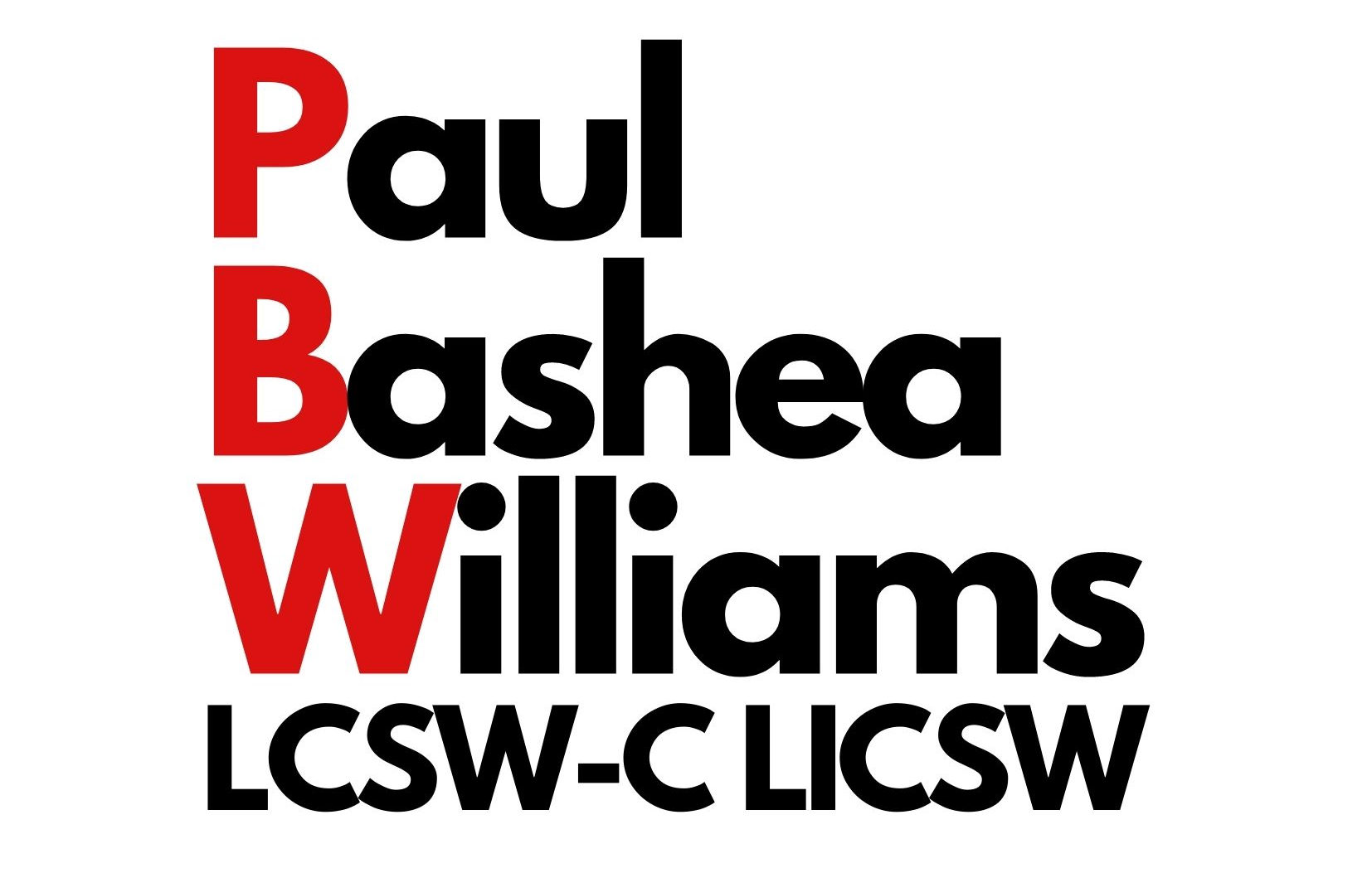By DaVett Jones
Budgeting isn’t just knowing the amount of your bills.
There’s a whole psychology to financial planning. Early spring 2004, I overheard my boss, Ali, ask a pre-retiree client for a copy of their budget to determine if they had sufficient assets to maintain their lifestyle in retirement. While looking at their investment statements, I figured this client was filthy rich and didn’t need no stinkin’ budget. But guess what, they were able to whip that sucker out and run down every dime they made, saved and spent for the last 3 years. Then something clicked. This client was wealthy because they KNEW where their money was going. I was broke because I did not. So I began my 12-year relationship with my homemade excel spreadsheet.
The first step to starting a budget is to determine your “WHY.”
Some people budget because its the prudent thing to do. Well, at that point in my life, I wasn’t that practical. My ‘why’ became the dream owning a home, because 6 months prior I was nearly homeless. Why is your ‘why’ important? Successful people operate on motivation, not money or logic. That motivation enhances your drive, keeps you focused. Once you have successfully accomplished one goal you are more likely to set other goals, such as buying a new car, or financing a college education for your child. Ok, so now you’ve got your ‘why,’ so what’s next.
You have to keep every receipt for 30 days.
That’s the way Ali taught it to me. “Even down to a pack of gum,” she said. Believe me, this is an even a bigger hassle than it sounds. UGH! Imagine your purse or wallet bulging with receipts. After 30 days I found myself looking at a small mountain of little white pieces of papers that I traded for green U.S. dollars – realizing that I can no longer spend this money on my house. The 30-day receipt challenge is very important because people have no clue how they spend money until it’s literally staring them in the face. As eye-opening as this experience was for me, I know most Gen Xer and Millennials won’t do it.
You say hoarding receipts won’t work for you, then Thank GOD for technology.
Most of us use debit cards for most of our purchases. Most banks provide real-time online transaction history. We already have automatic payments and online bill pay to save us time and effort. This month commit yourself to using one card for EVERY SINGLE purchase, even that pack of gum. If you make an ATM cash withdrawal, take a picture of the receipt to use as a digital record. Use the electronic statements/ pics to account for your all monthly expenditures. Include everything, even the bank fees.
At the end of the month categorize each transaction.
It truly takes 30 days to realize how much you spend at the local convenience store for a muffin and a diet coke. That $4.32 every other day equates to $900+ per year. See, it’s not usually the food, rent and kids that sucks up our money because those are fixed expenses. We are very discerning on how much we spend on those items. It’s the $5 to $50 micro-investments for concerts & sporting events (not to mention the parking), movies, clubs, bars, tattoos, hair, nails, music or apps that become budget busters. (Remember the previous generations didn’t have these expenses, or enjoy them in the same frequency as we do today. This is one reason why they were more capable of saving more money than our generation.) MESSAGE
Individually, they are far less expensive than rent but can easily add up to much greater amounts over time. After your discovery month, you can consciously determine if the spending aligns with your ‘why.’ If not, it’s time to tweak your spending habits accordingly. Have Starbucks on Tuesday as a treat, not every day as a ritual that will never help you reach your financial goals. Make small sacrifices for the greater good – your greater good, your ‘why.’
Don’t try to do the math in your head.
This needs to be in some visual format; written or electronically like in an excel spreadsheet or even an app. You are not the mathematician you think you are. Sorry. Reconcile your spending once a week. Even fixed expenses like utilities, gas prices or grocery bills vary. You may remember numbers from March but honey it’s May and you’re two months off. Be sure to add items that only happen periodically like a birthday trip, back to school shopping and holiday gifts. Think ahead and you lessen the opportunity to fall behind.
Move the money out of your immediate access, if possible.
The same way your employer takes 6% out of your earnings for your 401k before you get your paycheck, create a separate savings account so the funds aren’t comingled and used by accident. When you save an extra $20 on eating out next month, move Mr. Jackson over to the ‘why’ account to help you reach your goal quicker. As time goes along, you will be adding an extra couple of bucks above the minimum payment on your credit cards or increasing your Roth contribution.
This seems annoying.
So is going to work every day, but we do it in order to maintain our financial status. Keep in mind, once you get into the groove of it, it becomes a lot easier. A friend of mine uses an excel spreadsheet but she uploads to Google Docs to be accessed by both she and her husband. (Show it to the kids. Get them on board with your ‘why’ also. Make it a family affair. It’s a great teaching tool.)
This year I started using the MINT budgeting app. It’s awesome to have the info at a glance on a smartphone when I’m out- about to spend money. When you can whip out our budget as fast as you whip out your credit card you can curb poor spending habits.
And stop calling it a budget.
Shanel Cooper Sykes says the term budgeting seems so limiting and confining. Refer to it as your Spending Plan. You have made a plan as to how you choose to spend your money and that is something that you should feel good about. Celebrate the small successes along the way. Managing your money is essential to building wealth. Wishing wealth to you.
(Image credit: p3financialgroup.com)




